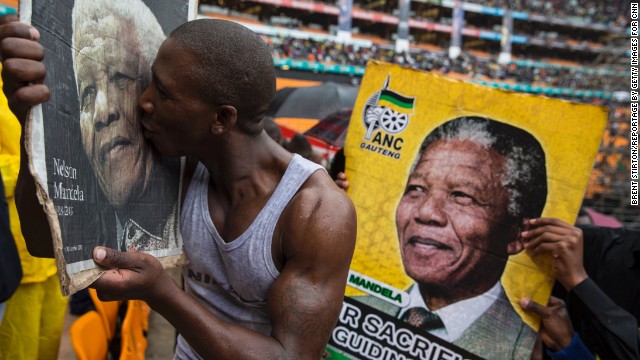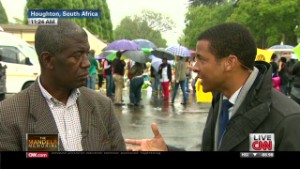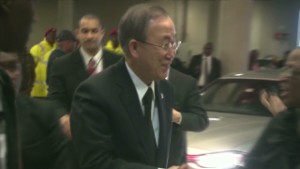They say conversation is an art. And like any other art, it demands of
its practitioners a sustained commitment to observe certain
informal, yet indispensable, conditions. This in turn requires a relatively
considerable measure of self-discipline, for the activity of conversation
consists of conditions toward which our inclinations do not readily gravitate. For
the conditions of conversation need rules of civility, prescriptions for all
who venture to engage in it to act honestly and charitably toward one another.
Ironically, as advances in telecommunications increase , people’s
ability to converse or even communicate is rapidly degenerating. This trend is
especially true among the vast majority of young people who spend their lives “speaking”
to each other through instant messaging, “grammarless” blurbs of text
messaging, and short comments on social networking sites, such as Myspace and
Facebook.
The rules of conversation are of a formal character,
so they are indifferent to the content of the conversation, and if
the conversation involves an exchange between contrary views, it is equally
indifferent as to which of the two (or more) views is most plausible or
correct. There is a difference between a conversation and a debate.
The value of debate, like the value of war, is derivative or extrinsic:
both are a means to the end of victory, a goal believed to be
superior to and independent of the activities that bring it to fruition. In
contrast, the value of conversation is intrinsic to itself: it
has no external end for the sake of which it is undertaken and in which it
promises to achieve its culmination. It is its own end. While debate is an
inherently adversarial activity in that the principle objective of the
participants is to exploit their opponents’ weaknesses so as to reap benefits
for themselves, conversation is an act of mutual self-sharing through which the
alienation of each interlocutor from the other is overcome.
Actors
in a debate are “opponents,” but in a conversation they are neither “opponents”
nor “allies.” but rather colleagues
For the participants in a conversation are united
by their shared commitment to the conversation-- the observance of
the rules prescribing honesty and charity. Their goal, if conversation can be
said to have a goal at all, is to keep the conversation going.
There
is another consideration that no discussion of conversation can afford to omit.
The requirements of honesty and charity are inseparable from a willingness to
genuinely listen to one’s interlocutor.
Americans and Indians are a loquacious people. The “information
age” has exponentially increased the number of opportunities for communication,
opportunities of which they have spared no occasion to avail themselves. We are
constantly talking to others, whether in person, on our cell phones, or via
e-mail and/or instant messaging. Perhaps it is because talking is at such a
premium in our society that it is widely and almost invariably assumed that
those who are most “talkative” are the best “conversationalists.” Whatever the
reasons for this assumption, it is a misconception of the worst sort.
While it is impossible for a person who seldom -- if ever
-- speaks more than a few words at any given time to practice, let alone
master, the art of conversation, an exceptionally talkative person is likely to
have no less difficult a time of doing so. A propensity to talk is necessary
for conversation, but it is far from sufficient. Unless we show a willingness
to listen to what our partners in conversation have to say, conversation
rapidly degenerates into an episode of self-aggrandizement. Those who are
incessantly chatty love to hear themselves speak, but their excessive self-love
comes at the cost of repelling others. We’re talking at each other rather than with
each other.
The problem is that all of this talk comes at the expense of
conversation.
Conversations, as they tend to play out in person, are messy—full
of pauses and interruptions and topic changes and assorted awkwardness. But the
messiness is what allows for true exchange. It gives participants the time—and,
just as important, the permission—to think and react and glean insights. “You
can’t always tell, in a conversation, when the interesting bit is going to
come,” Turkle says. “It’s like dancing: slow, slow, quick-quick,
slow. You know? It seems boring, but all of a sudden there’s something, and whoa.” Occasional
dullness, in other words, is to be not only expected, but celebrated. Some of
the best parts of conversation are, as Turkle puts it, “the boring bits.” In
software terms, they’re features rather than bugs.
The logic of conversation as it plays out across the Internet, however—the
into-the-ether observations and the never-ending feeds and the many, many
selfies—is fundamentally different, favoring showmanship over exchange, flows
over ebbs. The Internet is always on. And it’s always judging you, watching
you, goading you. True conversation needs us to look into each other’s eyes as
we talk. We need to read each other’s movements.
Today it seems that everybody’s talking but nobody’s is conversing. For a conversation is a dialogue, not a monologue.
As usual the Bard said it best: "Conversation should be pleasant without scurrility, witty without affectation, free without indecency, learned without conceitedness, novel without falsehood"
As usual the Bard said it best: "Conversation should be pleasant without scurrility, witty without affectation, free without indecency, learned without conceitedness, novel without falsehood"





